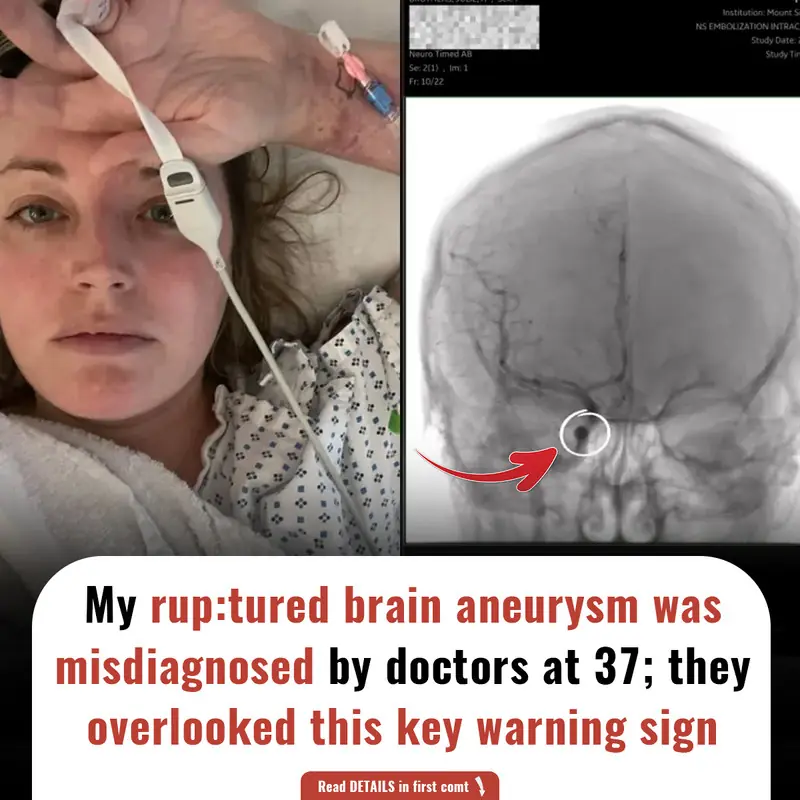Regular eye exams can reveal early signs of several serious health conditions, often before other symptoms appear. Here are some life-threatening diseases that can be detected through eye tests:
1. High Blood Pressure (Hypertension)
Elevated blood pressure can cause damage to the blood vessels in the retina, a condition known as hypertensive retinopathy. Signs include narrowed blood vessels, swelling, or leakage of fluid, which can be detected during a comprehensive eye exam.
2. Diabetes
Diabetic retinopathy occurs when high blood sugar levels damage the blood vessels in the retina. Early signs include red spots or floaters in the vision. Regular eye exams can help detect this condition before it leads to vision loss.
3. Alzheimer’s Disease
Visual changes, such as difficulty distinguishing between colors or problems with eye movement control, may be early signs of Alzheimer's disease. These issues can be detected through eye exams, as the disease can first affect parts of the brain responsible for vision.
4. High Cholesterol
Cholesterol deposits can appear in the eye as yellowish rings around the cornea or in the retina. These signs can indicate high cholesterol levels, which increase the risk of heart disease and stroke.
5. Brain Tumors
Certain eye conditions, such as a pale optic nerve, can be indicative of brain tumors or multiple sclerosis. These abnormalities can be detected during a routine eye examination.
6. Liver Disease
Conditions like hepatitis or cirrhosis can cause jaundice, turning the whites of the eyes yellow. This symptom requires immediate medical attention and can be observed during an eye exam.
7. Anemia
Anemia can be detected by analyzing the retina, as changes in the blood vessels may indicate low hemoglobin levels. Advanced imaging techniques and AI algorithms can assist in diagnosing anemia through retinal imaging.
8. Retinal Cancer
Retinoblastoma, a rare eye cancer, can be detected through eye exams. Early detection is crucial, as late diagnosis often leads to poor outcomes.
9. Multiple Sclerosis (MS)
MS can cause optic neuritis, leading to vision problems. A pale optic nerve observed during an eye exam can be a sign of MS.
10. Thyroid Eye Disease
Thyroid conditions can lead to eye problems, including bulging eyes and dry eyes. These symptoms can be detected during an eye examination.
Conclusion:
Regular eye exams are essential not only for maintaining good vision but also for detecting early signs of serious health conditions. It's recommended to have comprehensive eye exams periodically, as advised by your healthcare provider, to ensure overall health and well-being.































